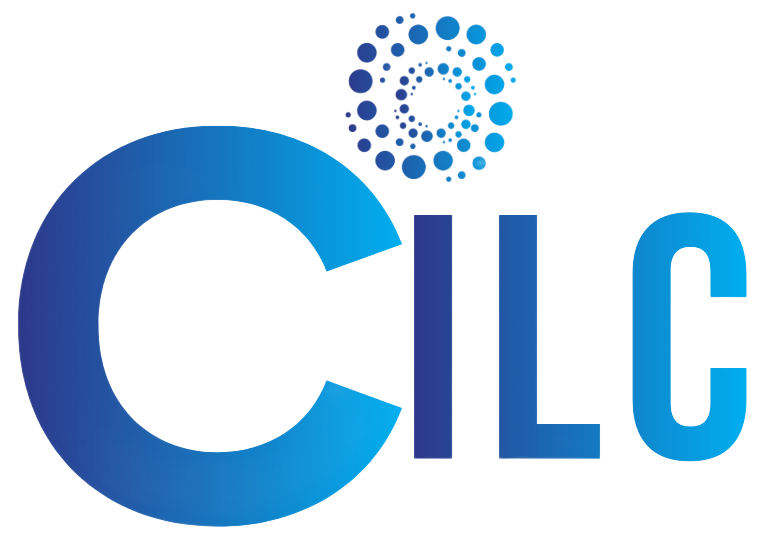Benefits & Strategic Positioning
Efficiency
CILC’s model centers on transferring intellectual resources, legal skills, and jurisdictional assets across geographic boundaries rather than maintaining physical offices and separate teams in multiple locations.
Key benefits over traditional models:
- No Office Duplication
- Reduced Bureaucratic Overhead
- Faster Coordination and Cost Control
What does legal asset mobility mean?
A single CILC attorney can simultaneously counsel on U.S. and EU legal matters and act before regulators and courts in both jurisdictions, applying comparative insights to streamline client strategies. This contrasts sharply with conventional models, which require separate teams in each jurisdiction.
Why does the legal asset mobility benefit clients?
Attorneys' multi-jurisdictional capabilities mean that attorneys secure the attorney-client privilege across jurisdictions. This is a significant strategic advantage. Privilege rules can differ widely across jurisdictions, and what is protected in one country may not be in another. By leveraging attorneys qualified in the relevant jurisdictions, CILC helps clients ensure that their strategic communications are protected and consolidated into a single office, reducing costs and eliminating the risk of inadvertent waiver or forced disclosure in the event of disputes.
